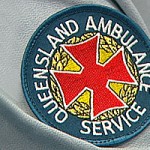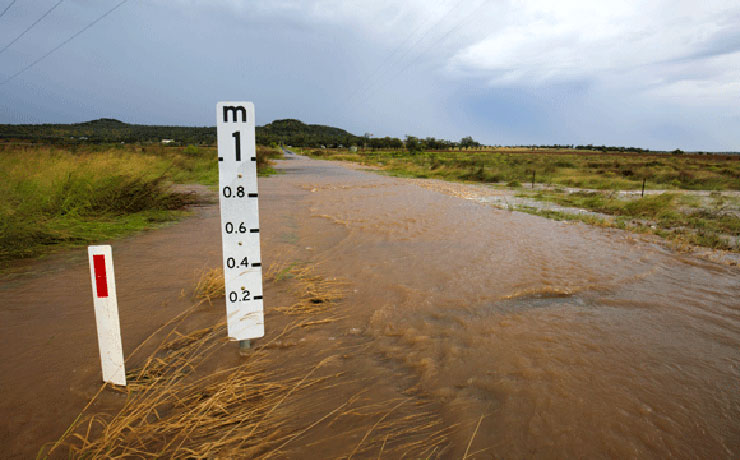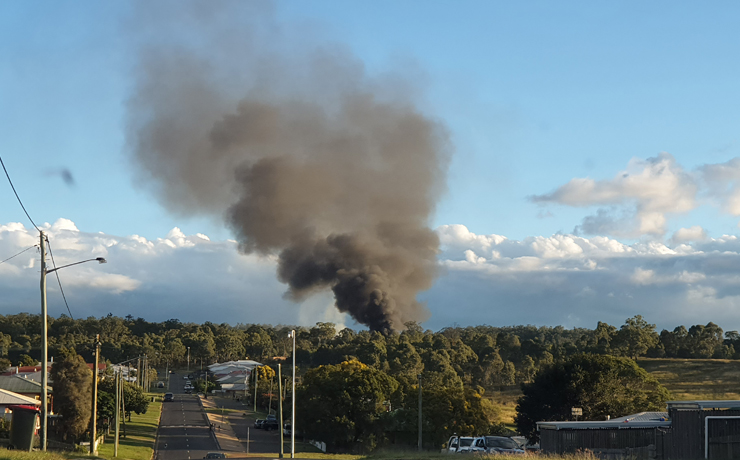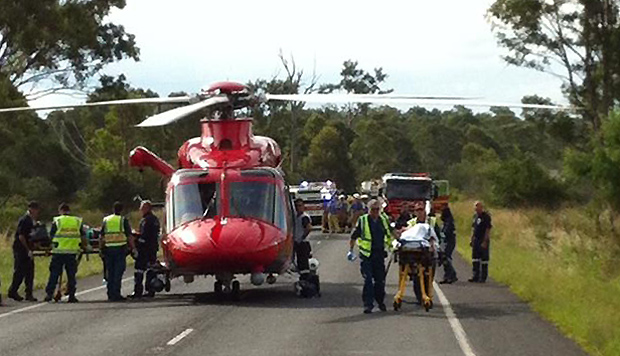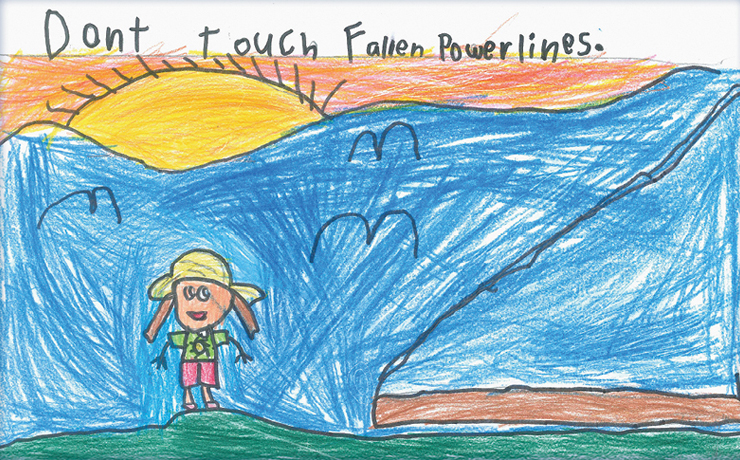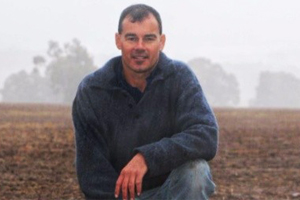
December 7, 2016
The local health experts are reminding South Burnett residents not to touch flying foxes or bats.
A number of people have been scratched or bitten by bats recently while trying to move them from barbed wire fences or other locations.
Darling Downs Hospital and Health Service public health unit director Dr Penny Hutchinson said although people were tempted to help sick or injured bats or flying foxes, it was important they don’t touch them unless “appropriately protected”.
“This protection includes vaccinations for rabies, appropriate training in bat handling and the use of personal protective equipment,” Dr Hutchinson said.
“Bats and flying foxes may carry bacteria or viruses, including the deadly Australian bat lyssavirus (ABLV).
“In the majority of cases where people have been bitten or scratched by bats the person has been handling the animal.
“The best protection against being exposed to the virus is for members of the community to avoid handling any bat or flying fox.”
Dr Hutchinson said transmission of ABLV from bats to humans was from saliva usually through a bite or scratch.
“Lyssavirus is unlikely to survive outside the bat for more than a few hours, especially in dry environments that are exposed to sunlight,” Dr Hutchinson said.
“Experience with other closely related viruses suggests that contact or exposure to bat faeces, urine or blood do not pose a risk of exposure to lyssavirus, nor do living, playing or walking near bat roosting areas.”
Injured or sick bats or flying should be reported to the RSPCA on 1300 ANIMAL (1300-264-625).







